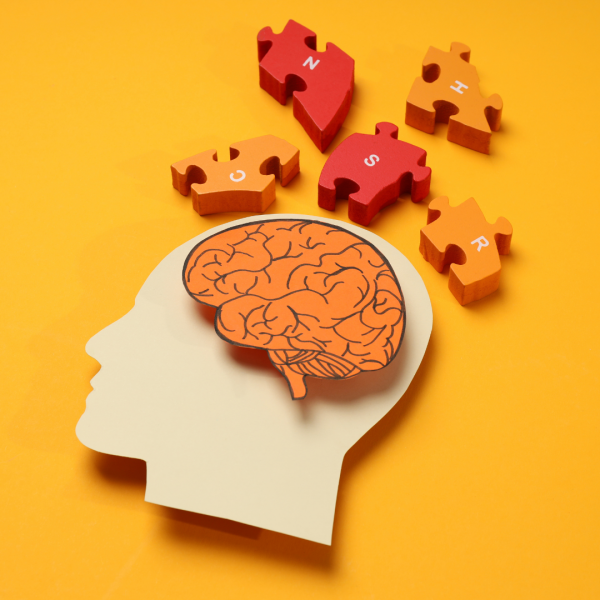Dementia is a challenging condition that affects millions of people worldwide. It can significantly impact memory, thinking, and social abilities, making everyday activities more difficult. However, staying engaged and active is crucial for dementia patients, not just for their physical health, but also for their emotional well-being. As a caregiver, you can create a supportive and stimulating environment at home with various activities that are both enjoyable and beneficial. Here are some ideas to help you keep your loved one engaged and happy.
1. Music Therapy
Music has a profound impact on people with dementia. It can evoke memories, reduce agitation, and improve cognitive function. Here are some ways to incorporate music into daily routines:
- Play Their Favorite Tunes: Create a playlist of songs they love or music from their youth. Listening to familiar music can bring joy and trigger positive memories.
- Sing Along: Encourage singing along to songs. This can be a fun way to boost their mood and cognitive engagement.
- Dance Together: Simple movements to the rhythm of music can be a great way to get some physical exercise and enjoy each other’s company.
2. Art and Craft Activities
Artistic activities can be a wonderful outlet for self-expression and creativity, providing a sense of accomplishment and purpose.
- Painting and Drawing: Provide easy-to-use materials like watercolors, colored pencils, and paper. Allow them to paint or draw whatever they like, offering gentle guidance if needed.
- Craft Projects: Simple crafts such as making collages from magazines, bead stringing, or creating holiday decorations can be very engaging. These projects can also be tailored to their skill level to ensure they are not too challenging.
3. Gardening
Gardening is an excellent way to connect with nature, get some fresh air, and engage in a physical activity that is gentle yet rewarding.
- Planting Flowers or Vegetables: If you have a garden, encourage them to help with planting flowers or vegetables. If space is limited, indoor pots or window boxes work just as well.
- Watering Plants: Even the simple task of watering plants can be satisfying and provide a sense of responsibility.
4. Memory Games and Puzzles
Activities that stimulate the brain can help maintain cognitive function and provide a sense of achievement.
- Puzzles: Jigsaw puzzles with large pieces are ideal. Choose images that are visually appealing and not too complex.
- Memory Games: Simple card matching games can be fun and stimulating. Tailor the complexity to match their ability.
- Photo Albums: Looking through photo albums together can be a pleasant activity. It can also stimulate conversations and memories.
5. Cooking and Baking
Kitchen activities can be both stimulating and rewarding. They provide sensory experiences and an opportunity to enjoy the fruits of their labor.
- Simple Recipes: Engage them in making simple recipes, like baking cookies or preparing a salad. Choose tasks that are safe and manageable.
- Reminiscing Through Food: Cook recipes from their childhood or cultural background. This can evoke happy memories and provide comfort.
6. Reading and Storytelling
Reading and storytelling can be both soothing and mentally stimulating.
- Read Aloud: Read books, poems, or newspapers aloud. Choose material that they find interesting or enjoyable.
- Storytelling: Encourage them to share stories from their past. This can be a wonderful way to connect and learn more about their life experiences.
7. Physical Exercise
Regular physical activity is important for overall health and well-being. It can also reduce the symptoms of dementia.
- Walking: A simple walk around the neighborhood or a local park can be very refreshing.
- Gentle Exercises: Chair exercises, stretching, or yoga can be done indoors. Look for programs specifically designed for seniors or those with limited mobility.
8. Sensory Activities
Engaging the senses can be particularly beneficial for dementia patients, providing comfort and stimulation.
- Touch and Feel Boxes: Create boxes filled with different textured items like soft fabrics, smooth stones, or sponges. Let them explore these with their hands.
- Aromatherapy: Use scented candles or essential oils with calming scents like lavender or vanilla to create a relaxing atmosphere.
9. Games and Social Interaction
Social interaction is crucial for mental health. Games and activities that encourage interaction can be very rewarding.
- Board Games: Choose simple board games that they can understand and enjoy. Games like Bingo or checkers can be great choices.
- Video Calls: If they have family or friends who live far away, set up regular video calls to maintain social connections.
Caring for someone with dementia requires patience, creativity, and empathy. By incorporating these activities into their daily routine, you can help them stay engaged, happy, and connected. Remember, the goal is to enjoy the time together and create moments of joy and comfort. Adapt the activities to their interests and abilities, and most importantly, have fun!




